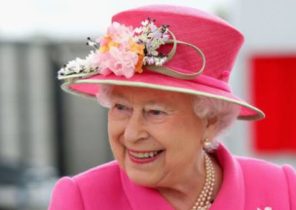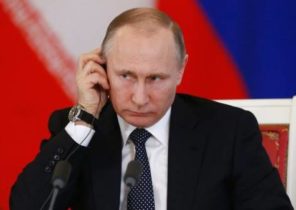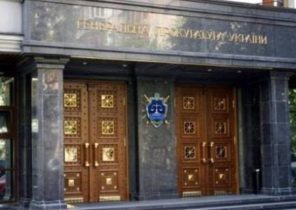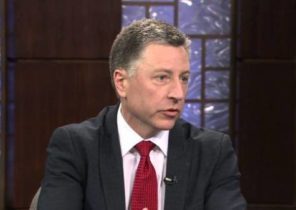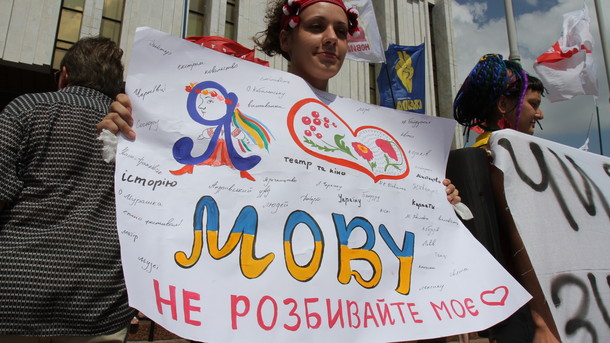
In Ukraine again, a scandal erupted around the language issue. In the nearly three years of war with Russia a controversial law Kolesnichenko-Kivalov, which increasingly protects the rights of the Russian language, so no one has canceled. But only now in the Verkhovna Rada has registered three bills that reinforce the rights of the Ukrainian language. Their standards has caused as many positive reviews and a barrage of criticism. First, lawmakers propose to limit the broadcasting in other languages on TV to 10%, the output print and Internet media in other languages, and to establish responsibility for the use of “surzhik”. For checks I propose to create two new bodies – the National standards Commission and the state language Centre of the Ukrainian language. Lawmakers also want to introduce a new Commissioner for the protection of the state language. The parliamentary Committee said that the emergence of these three bills has nothing to do with trying again to divide society on the basis of language. Of the three registered documents promise a “blind” one that will not contain controversial provisions. In General, according to MPs, this issue is even overripe, because in 25 years of Independence we have not had normal law on the state language, as, for example, in France, Latvia or Russia. Moreover, as the sociology, even the war with Russia has not significantly increased the percentage of those who consider Ukrainian their native language and uses it in everyday life, which indicates the absence of the state policy in this matter.
Background: politicians in pursuit of ratings PR on the theme of language
From the first years of Ukraine’s independence politicians used the language issue to improve his electoral ratings, thereby splitting the society. In the presidential elections in 1994, the strategists of then-presidential candidate Leonid Kuchma successfully used the trick of bilingualism against Leonid Kravchuk, the country is divided into Russian and Ukrainian. After coming to power, Kuchma was in no hurry to fulfill his campaign promise to the tradition of the Russian state, however in the Donetsk and Luhansk regions passed by the Advisory interviews, at which about 90% voted for bilingualism at national and regional levels. Again acutely the question of language has become on the eve of the 1998 parliamentary elections eight parties in their programs entered the promise to give the Russian language the status of state. After the elections, under the dome even created Interfactional Association “For the equality of languages in Ukraine”. But to fulfill its election promises of the hands of the servants of the people never came.
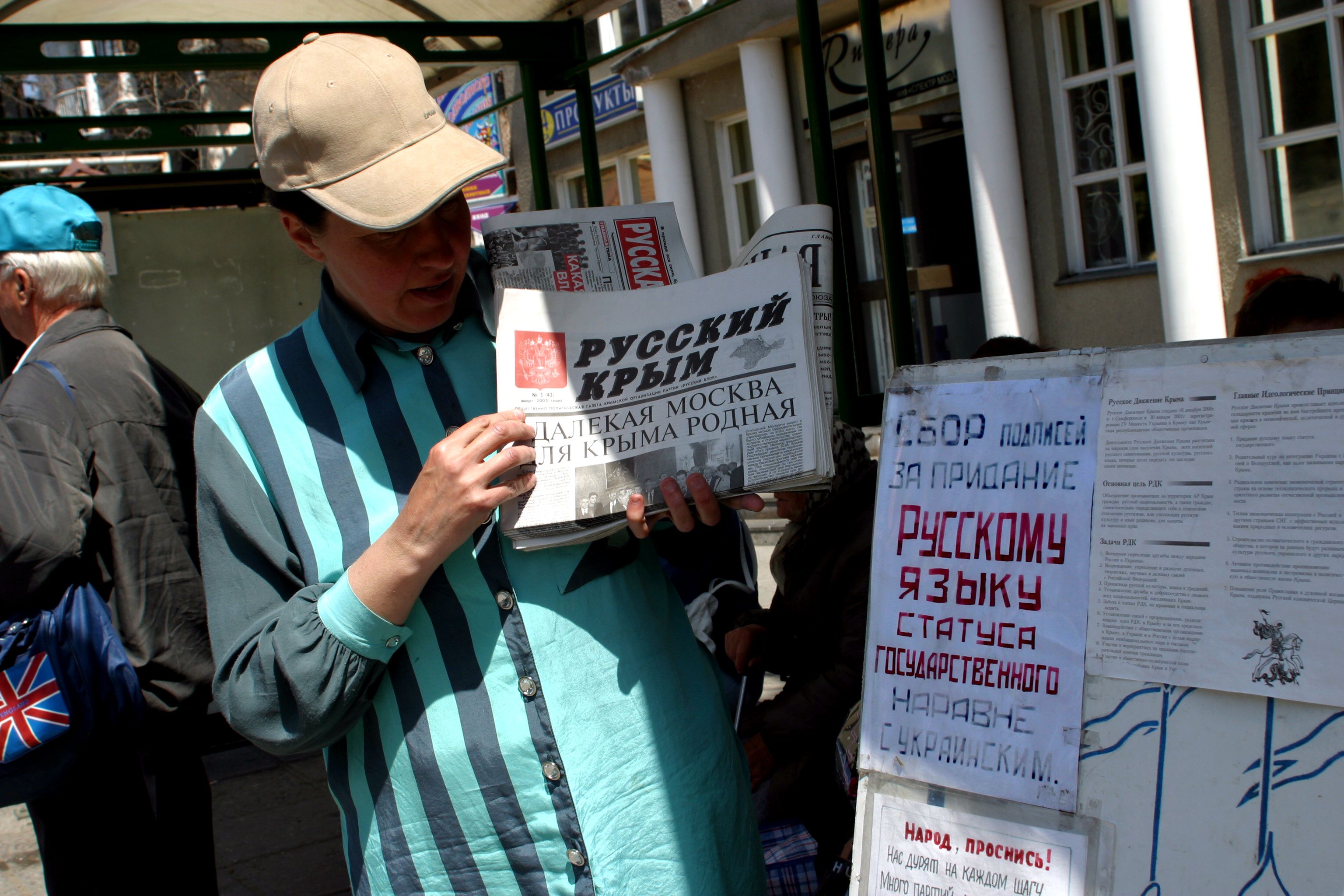
2003. Photo By S. Vaganov
The situation with the confrontation between Kuchma and Kravchuk in the presidential elections in 1994, was repeated in 2004, only between Viktor Yushchenko and Viktor Yanukovych. Yushchenko also promised to protect the rights of the Russian language, but after coming to power, said that “Ukraine – a country with one language”. But Yanukovych three years later as Prime Minister answered that once while it is impossible to give the Russian language the status of state, will seek its legalization at the regional level. To achieve its goal of Yanukovych with the help of the Party of regions faction in Parliament, succeeded five years later in 2012, the Parliament adopts controversial law Kolesnichenko-Kivalov on the principles of state language policy.
Then swept the country, large-scale protests, and under the Ukrainian house in Kiev, the opposition organized a termless action. A couple of times rallies escalated into large-scale clashes with the “Berkut”, which was dozens of victims on both sides.
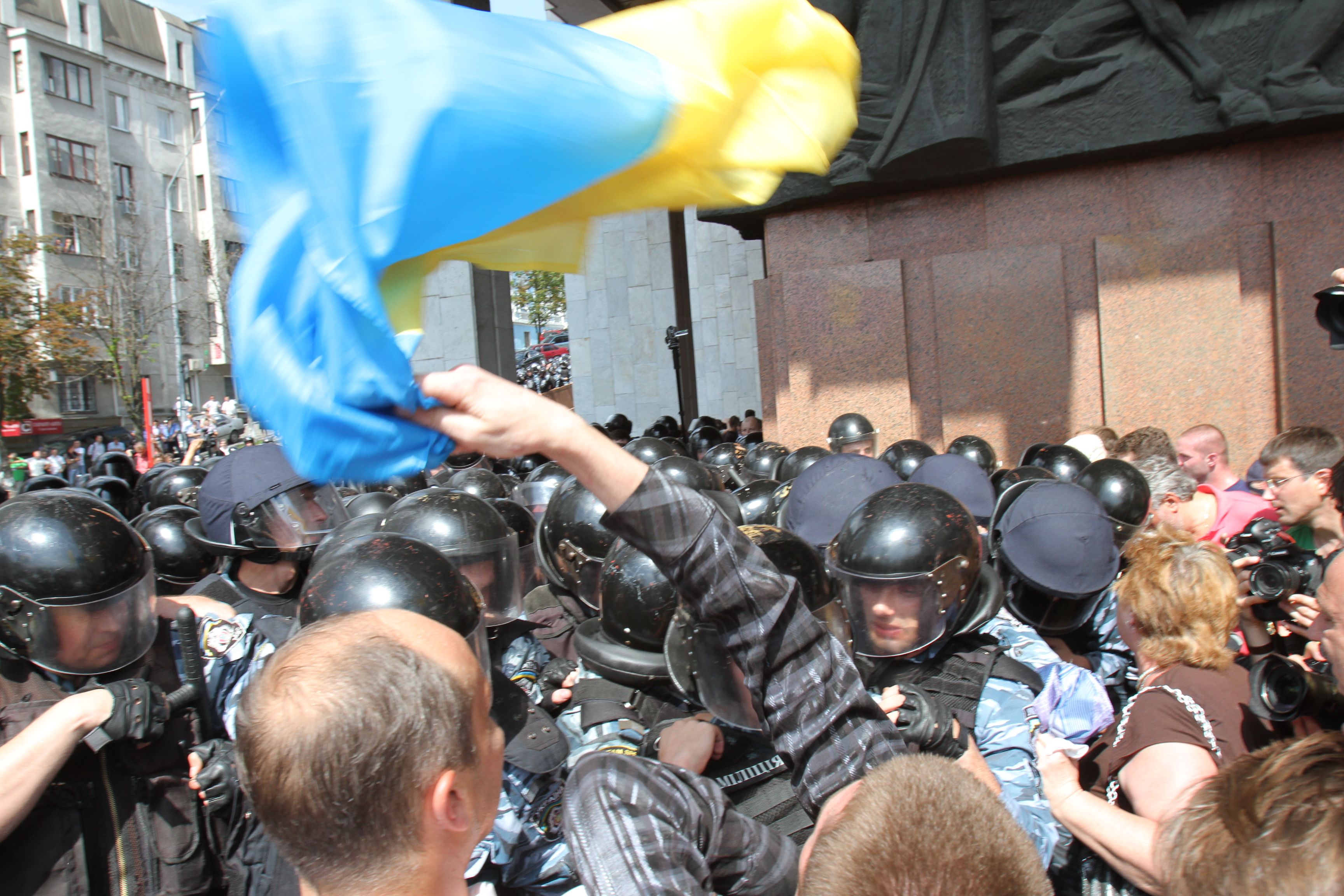
2012. Photo G. Szalay
Under the dome the opposition also tried to prevent the adoption of the language law once tore the shirt, Vadim Kolesnichenko. But the result is not brought. The law has established 18 languages a regional status. The law also allowed in the official records, not the Ukrainian language, and one in which in a specific region speaks at least 10% of the population. Of course, the document raised the status of the Russian language and later in 2012, 13 city councils of Ukraine adopted the decision on the recognition of Russian the regional.
At the end of February 2014, by voting, the Parliament abolished the controversial law Kolesnichenko-Kivalov. Vadim Kolesnichenko now in Russia. But what is interesting: in the nearly three years of war with Russia nor the then acting President Oleksandr Turchynov or Poroshenko has not signed the February decision of Parliament and not vetoed the language law, and it is still in effect. In the Cabinet at the time, nodding to the Parliament, they say, you cannot just go and cancel the language law, which is governed by the Constitution. For this we need a new law on the state language, and it is the prerogative of the Verkhovna Rada. Parallel to the constitutional court for two years considering the representation of the 57 deputies on the recognition of the law of Kolesnichenko-Kivalov unconstitutional and recently switched to the closed part of the hearing.
Three sides of the same coin: the sociology shows that for the promotion of the Ukrainian language lacks special state program
Obviously, the need for the adoption of a quality law on the state language has long been overdue. On the language question speculating all and Sundry. If we turn to foreign experience, at the time countries such as France, Latvia, Lithuania introduced severe restrictions on the use of regional languages, quoting national product and has achieved tangible results. In Ukraine 25 years of independence was only mentioned controversial law Kolesnichenko-Kivalov, last year, Pleased at the legislative level to prohibit the broadcasting of films produced in Russia after 2014, and shows with the participation of Russian citizens whose names are on the black list (before the Russian content on Ukrainian TV channels ranged from 37 to 90% of daily airtime). Also last year, the Parliament restricted the importation of anti-Ukrainian literature from Russia and Ukraine imposed quotas for radio now every third song is Ukrainian.
But, as shows experience of foreign countries, this is not enough. The absence of the state language law and a special government program to promote the Ukrainian language is spoken and the polls. According to the research of the Razumkov Centre “the Consolidation of the Ukrainian society: pathways, challenges, prospects” in 2016, 69% of citizens consider Ukrainian their native language (27% – Russian, 2% – other language). In 2011 this figure increased by only 8 percentage points: while the Ukrainian language had been 61% of respondents (Russian – 36% other language 2%). Also in the survey people were asked the question “why quite a large number of citizens of Ukraine who could not speak the state language?”. In 37% of cases the respondents gave the answer “they just don’t want to learn the language,” and 30% “the government has not created appropriate conditions for learning the state language by citizens who have not had the opportunity to learn it during their education.”
Only three years after the annexation of Crimea and military aggression of Russia in the Donbass in Rada has registered three draft laws on the state language. The first document No. 5670 of authorship from 33 MPs almost one to one repeats bill No. 5669 of authorship 7 deputies, including the head of the parliamentary Committee on culture and spirituality Nicholas knyazhytsky. There is a third bill number 5556 also authorship of the 33 deputies, which differs dramatically from the first two, but not reglamentary the most contentious and controversial issues.
The representative of Ukraine to the Venice Commission, former MP Serhiy Holovaty told “Segodnya” that knyazhytskyy and representatives of the working group on drafting a law called him and asked if to apply the “law Holovaty” (No. 5670) under his authorship. “They made my bill that I was registered in the Verkhovna Rada of the VI convocation immediately after the adoption of the so-called law of Kolesnichenko-Kivalov. Then it was re-registered in the VII convocation, and finally, he re-registered in the VIII convocation. He has the glory of God in August it will be five years. My bill regulates the status and use of all languages in Ukraine. There are certain moments, but they are not of a fundamental nature which need to be corrected. Regarding the final provisions there is need to conform to already current legislation. Because the proposals contain amendments to other laws, in these five years has changed,” said “Segodnia” Serhiy Holovaty.
It is planned that all three bills will take over and will “sculpt” one of them is a compromise. For the development of a common law, according to members of the relevant Committee, will take at least three months, and the adoption of the bill in two readings – more than six months.
“I do not exclude that there may be provocateurs, who under the guise of adoption of the law on state language will try to insist on some provocative standards. But we all understand that the quality of the language act is needed and our job to do it – says “Segodnia” Nicholas Knicky. – I will insist on Ukrainian as the state language was confirmed in all gosinstitutom, in communication with gosinstitutom. But to the right nachmanson were taken into account in order for the violation of the language legislation, the punishment was tough enough, but to it was not absurd. To avoid such thoughts that someone is going to punish someone for using surzhik. But if the state authorities deliberately ignored the use of the Ukrainian language, of course, for this must be punished. We also want to synchronize policy, which aims, for example, the media regulation with the changes that have already happened in television and radio broadcasting. So, I think that this item will be changed.”
Now the project number 5569 and No. 5670 is the norm, which people have nicknamed the norm “punishment for surzhik”. It provides liability for “deliberate distortion of the Ukrainian language…”. However, what the legislators forgot to specify. But prescribed who should monitor – a new official, the Commissioner for the protection of the state language along with the new institutions – the National standards Commission and the state language Centre of the Ukrainian language.
The lion’s share of the norms of all three bills relate to the activities of the media. Thus, the authors of the project 5569 propose to limit the broadcasting in the language of nationsin or regional language on TV: for public and utility of channels of the corresponding territorial communities – up to 50% of airtime to private – only in the Ukrainian language. For print media the following rules: for public only in the Ukrainian language, for local authorities, which, along with the use of the Ukrainian language nachmanson and regional – in Ukrainian and the appropriate regional or language nachmanson for private circulation in a foreign language may not exceed 15% of the total circulation. For violation of these rules, the media will pay UAH from 5100 to 6800 UAH.
Bill No. 5570 also imposes restrictions for the media. For television and radio broadcasting, regardless of the form of ownership only in the Ukrainian language. The total duration of foreign content should not exceed 10% per day for national broadcasters, 20% for regional and local, 60% – for subjects of hominoidae. For print media, the restriction is set at 50% of the total circulation. Online media is required by law to be submitted only in the Ukrainian language.
“Along with the version of Internet addresses (including Internet sites, social media pages, etc.) performed in the state language, there can also be versions in other languages. The version in the Ukrainian language loaded by default, and has at least the scope and content of information than foreign-language versions,” said the bill.
Commenting on the above media rules, Mykola knyazhytsky told “Segodnya” he said that even in Soviet times there was a certain balance between the Russian and Ukrainian publishing houses. And Ukrainian editions were published everywhere, including in the East of Ukraine. “Now actually a word of Ukrainian in many regions not represented. Our job is to make and to develop the mechanisms that would be introduced is a Ukrainian word and defended him. And we need of course to overcome the policy of Russification, which lasted for many years. However, we must understand that we live in the modern world and mazmenine to limit or restrict the market if it does not harm the development of the language is artificial, I don’t see the point,” – said knyazhytsky.


